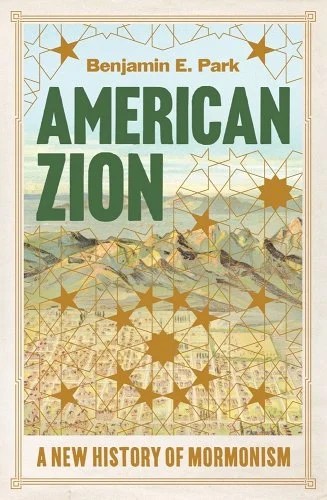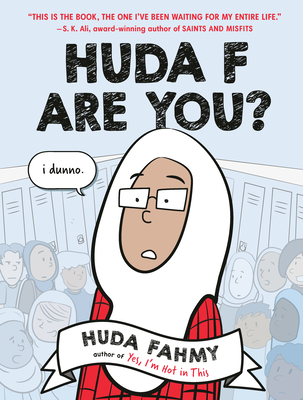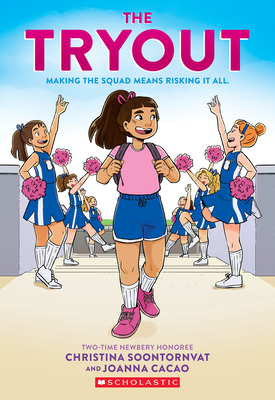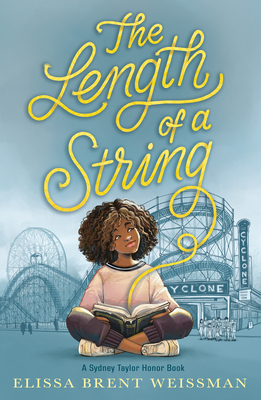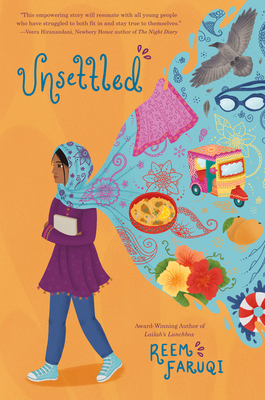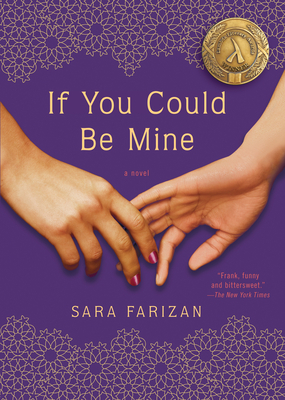Huda F Are You?
by Huda Fahmy
Support your local independent bookstore: buy there!
Content: There are instances of racism and Islamaphobia. It’s in the Graphic Novel section of the bookstore.
In this loosely autobiographical graphic novel, Fahmy tells of the time in her childhood when her parents moved the family to Dearborn, Michigan just so they could be a part of a bigger Muslim community. Huda went from being the only Muslim to one of many hijab wearers. She talks about the struggle she had to figure out who she was, in relation to her friends, her family (and sisters), and her religion. There is an incident with a teacher who grades Muslims harsher after 9/11 and a slight bomb “scare” at the high school, that brought Huda’s conflicts within herself to a head. Can she stand up for herself, especially in the face of Islamaphobia?
I adored this one. I think everyone can identify with the feeling of being an outsider, but I can empathize with identifying with a religion where you are in a place where your religion (mostly) is in the minority, and then moving somewhere where it is the majority religion. It messes with your head and identity. I loved the humor of this book and the way it treats religion as something that can be a big part of a teenager’s life, without it seeming all-encompassing or something the teen needs to “grow out” of.
Smart, fun, and worth reading.
The Tryout
by Christina Soontornvat, illustrated by Joanna Cacao
Support Your local independent bookstore: buy it there!
Content: there are some instances of racism and bullying. It’s in the Middle Grade Graphic Novel section of the bookstore.
Also loosely autobiographical, Soontornvat reflects upon 7th grade and the way trying out for the cheer team affected her. She grew up in a small town in Texas, and her parents – a mixed-race couple (her mom is white, her dad is Thai) – ran a Chinese restaurant in town. She reflects on how har it is to make and keep friends in middle school, and the ups and downs of friendship. But the central challenge is Christina’s desire to try out for the cheer team. It’s a challenge becasue her best friend Megan is trying out as well and Christina fears that it wil negatively affect their friendship. They encounter racism (Megan is Iranian) at their small-town school – none of the teachers can pronounce Christina’s last name, and some kids are blatantly racist to her and Megan. Christna works hard, though, and finds value in trying out for the team, and along the way, makes and strengthens friendships.
This is another good one about finding where you belong. Middle school is rough, and I think Sontornat recognizes that. THis one reminde me a lot of Real Friends, centering navigating female friendship in the heart of the book. But I also like how it debunked some of the cheer stereotypes and reminded me (again) that cherlieading isn’t just a fluff thing that popular girls do. I really appreciated the author’s note at the end.
Really soild.

